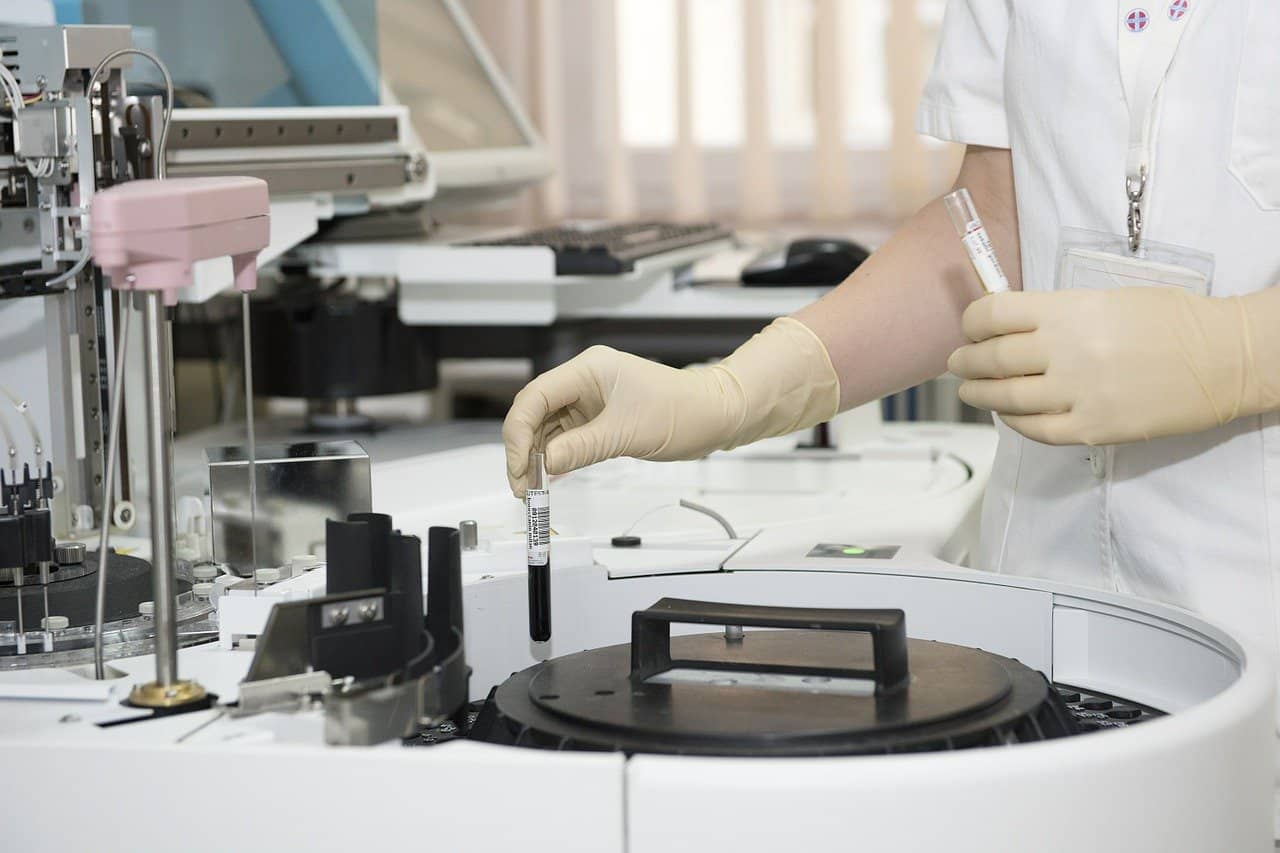The collection, storage and testing of medical specimens is a delicate and intricate job that requires careful consideration and the correct tools and equipment. Modern-day medical labs function under strict guidelines in order to ensure the safety and correct handling of lab specimens, which is critical for a patient’s well-being.
Here are a few of the different types of equipment used in laboratory testing to meet these standards and guidelines.
Preservation Equipment
Collected samples need to be stored properly. The preservation of samples is an important part of the process, and it’s crucial that they are stored correctly, in a sterile environment and at the exact right temperatures. A medical refrigerator, freezer or similar form of preservation is often used as these pieces of equipment allow various, specific temperatures and can hold diverse sample types.
Preserving and storing samples at the right temperatures helps to ensure that the specimens are not compromised in any way, thereby preventing false results, misdiagnoses and inaccurate prescriptions.
Water Baths
Another piece of equipment needed in a lab is a water bath. Unlike medical refrigerators, these are used to maintain samples by means of heating rather than cooling or freezing.
Some commonly used types of water baths include high clearance baths, forced-age testing baths, digital baths, shaking baths and even mini baths for smaller specimens.
Of course, each of these serves a different purpose, ranging from food and beverage testing to the control and constant movement of different types of specimens, so obtaining the correct equipment for the job is essential.
Incubation Equipment
Aside from just storing specimens, laboratory work often involves the growth of microbiological specimens, cultures, cell cultures, blood specimens and more. Unlike the medical freezer and refrigerators, incubators don’t necessarily work with cooling or freezing techniques.
Some different types of incubators include CO2 incubators, refrigerated incubators, drospholia incubators and shaking incubators, all of which serve a different purpose – plant or insect studies, contamination elimination, growth or culturing and more.
Incubators are used regularly in the medical industry which means you won’t always find them in a medical lab, but they’re commonly used in other industries for the storage of various materials.
Analysing Equipment
In order to actually test the specimens collected, different types of analysers are typically used.
A clinical chemistry analyser is used to perform various tests on serum, plasma, blood, urine and other tests and these provide information that can help to diagnose and treat an array of diseases.
Blood bank analysers are used to analyse blood samples to determine blood types and identify antibodies, helping also to diagnose various conditions such as infections, certain types of cancers, diabetes and more.
Finally, haematology analysers are also used to analyse blood samples by performing blood counts, and these use more specific testing to screen for blood-related diseases like leukaemia and lymphoma.
Sterilisation Equipment
Finally, some laboratories use equipment called autoclaves or steam sterilisers, which use pressure and high temperatures to disinfect and sterilise other equipment to be used.
Sterilisation can remove harmful bacteria that might compromise medical instruments or containers used to store samples. This sterilisation process is a key aspect in any medical lab as it ensures the safety of preservation of samples, and further, of a patient who needs to come into contact with any equipment.




